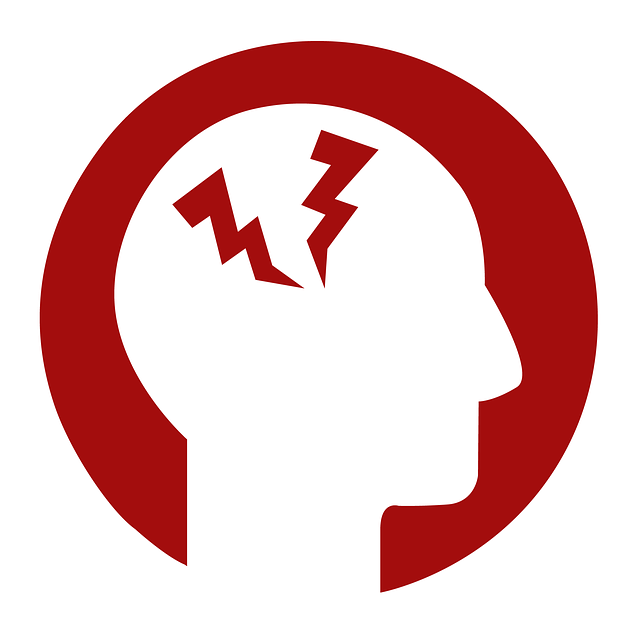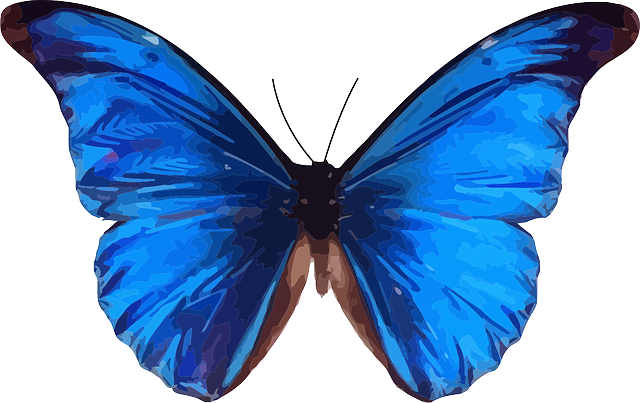My entire career life has been in the student market - ages 10 - 19 or so - for the past 15 years. My contacts, naturally, have overwhelmingly been people who work in and around this market.
Yes, I’ve had opportunities and experiences in the adult learner market, but this is a very recent development, starting around 2018 or so.
And then, of course, the pandemic hit and everything went nose first into the ground.
Even a number of the contacts I’d made prior to the pandemic aren’t in business anymore, or have gone to a different industry or job. Essentially, I have to build everything up again, and I’m have the hardest time with Zoom meetings, a format that I loathe.
For those who are quick to adapt and find the new formats intuitive or, perhaps, even better than the formats they are replacing, you’re in a great place. I wish it were easier for me.
There is, of course, the possibility of staying on in the student market by bringing my programmes online. The immense problem is that, because of the nature of the programmes I’ve developed for students, they were designed for in-person sessions and a lot of it cannot be translated online.
Yes, there are alternatives - online labs, simulations, etc. - but even seasoned educators generally agree that they are temporary substitutes for the situation we are in, not adequate replacements. There are intangible benefits to in-person learning that can never be replaced by online learning.
I recognise that they are useful in the current situation and they definitely hold a place in education. That said, because my programmes aren’t curricular, I always intended for them to be as immersive and experiential as possible.
Unfortunately, this means that they can’t quite be translated to an online version without losing a lot of their intended effects.
There is the possibility of creating a new programme aimed directly to be done online, as I’ve done with some of my other programmes (for the adult learner market), but this will take time. Also, those programmes aren’t intensely-hands-on science-based programmes, so it’s not difficult to do so.
Furthermore, because I’ve spent at least 3 months creating the original programmes without recouping the resources I’ve put into it, I don’t feel inclined to create any more new programmes.
The schools seem to think that 20 hours of in-person training should translate into 20 hours of online training, as if they are the same thing. This is something I find strange because they had to translate their curriculum online last year and, surely, they must realise that you can’t translate things minute for minute.
The logical thing to do, therefore, is to move away from the student market and into the adult learner market.
So here is where it circles back to the beginning of this blog post.
I need to connect with people in the adult learner market and ramp this up quickly.
I’m finding some good leads in Clubhouse, in educator circles. I’m also looking at investing in certain online tools to simplify my processes.
It’s not easy, and it’s not going to get easier.
It’s a large transition and it’s going to require a lot of work to get right.
I’ve been disheartened for a month. It’s time to get over the slump.
It’s time to get cracking!







